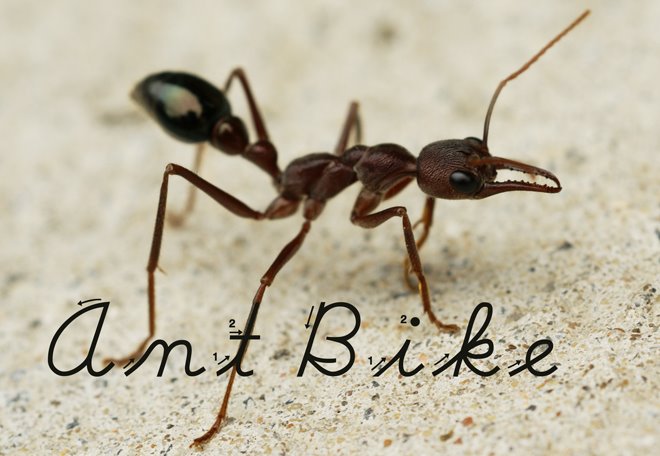
Nigeria bikers' vegetable helmets
Motorcyclists in Nigeria have been wearing dried pumpkin shells on their heads to dodge a new law forcing them to wear helmets, authorities say.
Officials in the northern city of Kano said they had stopped several riders with "improvised helmets", following this month's introduction of the law. 
Road safety officials said calabash-wearers would be prosecuted.
Thousands of motorbikes have been impounded around the country and taxi motorbike drivers have staged protests.
Calabashes are dried pumpkin shells more commonly used to carry liquid.
According to the new law, all motorbike drivers and motorbike passengers must wear helmets.
Kano Federal Road Safety Commission commander Yusuf Garba told the BBC they were taking a hard line with people found using the improvised helmets.
"We are impounding their bikes and want to take them to court so they can explain why they think wearing a calabash is good enough for their safety," he said.
Fifty motorbikes had been seized so far in Kano city alone, he added.
Menace
Motorcycle taxis, called "achaba" in the north of the country and "okada" in the south, are a cheap way for Nigerians to get around congested and chaotic city streets.
MOTORBIKE TAXIS
- Achaba comes from a Hausa phrase meaning "double enjoyment", referring to taxi drivers being paid for being close to women passengers
- Okada is from name of ex-state governor's now defunct airline
- Okada bike taxis were banned from the capital Abuja in 2006
- The motorbikes cost around $290 (£200)Passengers pay about 70 naira ($0.50; £0.35) for a short trip
Many drivers of the motorcycle taxis are furious over the new law, which came into force on New Year's Day.
In the city of Kaduna, drivers waved palm fronds and rode in convoy to protest at the price of helmets, which can cost up to $29 (£20).
They say passengers often steal the helmets once they reach their destination.
Stories have also appeared in the local papers highlighting passengers' fears that the helmets could be used by motorcyclists to cast spells on their clients, making it easy for them to be robbed.
"Some people can put juju inside the helmets and when they are worn the victim can either lose consciousness or be struck dumb," passenger Kolawole Aremu told the Daily Trust newspaper.
Local government authorities often give motorbikes to jobless young men, saying it gives them a way to make a living.
But the BBC's Andrew Walker in the capital, Abuja, says handing out the vehicles does not address the underlying cause of Nigeria's economic problems.
It is often an attempt to buy support for elections, our correspondent says.
The number of motorcycle taxis in big cities has exploded in recent years, causing concern about road safety.
Often untrained and illiterate, the drivers are considered a menace by many motorists.
Fatal accidents are common. Road safety authorities say almost every collision in Nigeria's cities involves an okada.
More than 4,000 people die on Nigeria's roads every year and 20,000 are injured, according to the Federal Road Safety Commission.






No comments:
Post a Comment